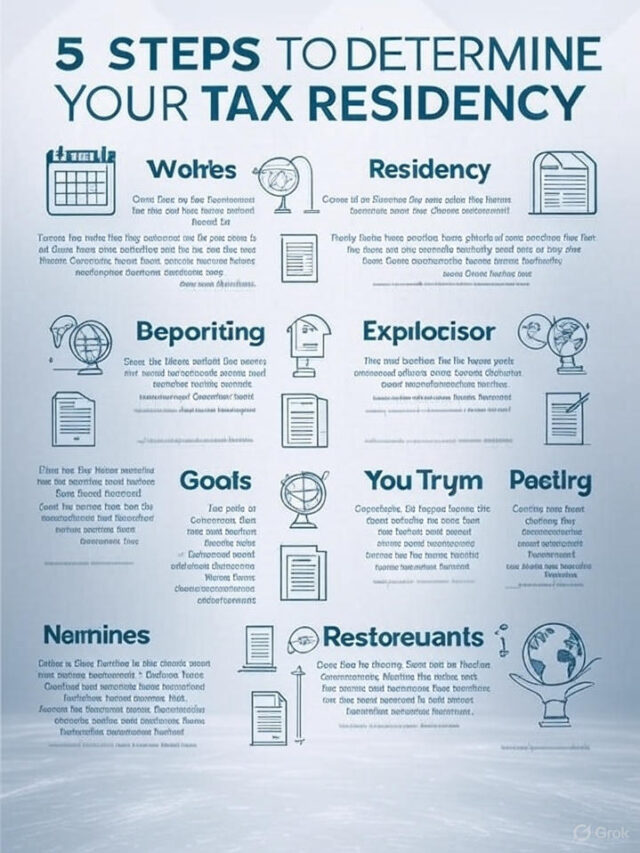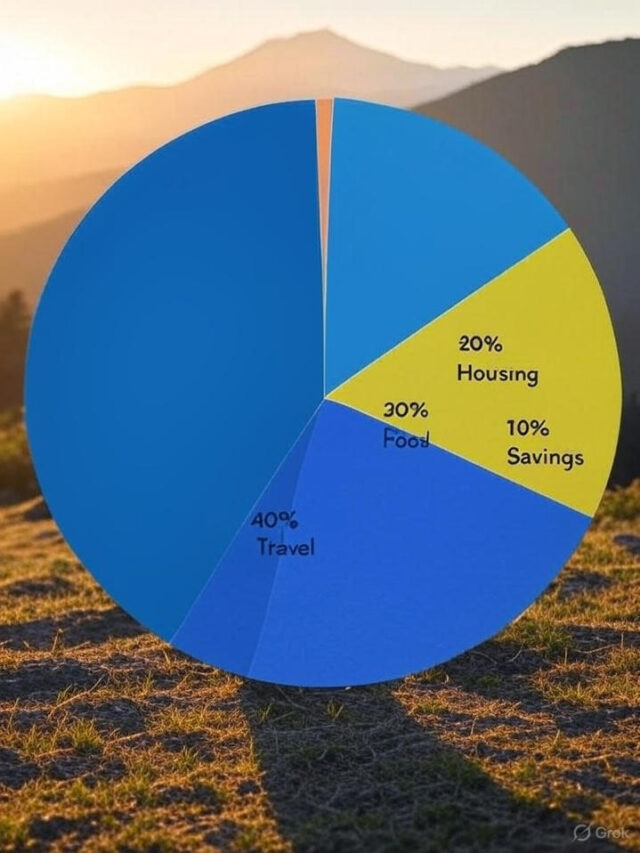
Overcoming Social Isolation Fears with Confidence
Imagine standing at the edge of a crowded room, heart racing, palms sweaty, and a voice in your head whispering, “You don’t belong here.” That’s the grip of social isolation fears, a challenge millions face daily. But here’s the good news: overcoming social isolation fears isn’t just possible—it’s within your reach. This article, crafted with insights from psychologists and real-life stories, will guide you through practical, heartfelt strategies to break free from the fear holding you back. Let’s dive into a journey of connection, confidence, and courage.
Table of Contents
What Are Social Isolation Fears?
Why Overcoming Social Isolation Fears Matters
Practical Steps to Conquer Social Isolation Fears
Real-Life Success Stories
Common Pitfalls to Avoid
Conclusion: Your Path to Connection
FAQ

What Are Social Isolation Fears?
Social isolation fears are more than just shyness. They’re the deep-rooted anxieties that make you dread social interactions, avoid gatherings, or feel like an outsider even among friends. According to the National Institute of Mental Health, nearly 12% of adults in the U.S. experience social anxiety disorder at some point, often leading to self-imposed isolation. These fears can stem from past rejections, low self-esteem, or even cultural pressures to “fit in.”
Think of Sarah, a 28-year-old graphic designer who skipped her best friend’s wedding because the thought of small talk with strangers felt paralyzing. Her story isn’t unique. Social isolation fears can trap anyone, but understanding them is the first step to breaking free.
Why Overcoming Social Isolation Fears Matters
Isolation doesn’t just feel lonely—it impacts your health. Studies from the American Psychological Association show that chronic loneliness increases the risk of heart disease by 26% and can shorten life expectancy as much as smoking 15 cigarettes a day. Apart from the physical health, the social isolation fears also rob the joy of yor life, peace of mind, scope, opportunities, carreer, and most importantly your relationships.
Overcoming social isolation fears opens doors. It’s about reclaiming your confidence to join that book club, ace that job interview, or simply chat with a neighbor without overthinking. It’s about living life fully, not watching from the sidelines.
Practical Steps to Conquer Social Isolation Fears
Ready to take action? Here are expert-backed strategies to help you overcome social isolation fears with confidence:
Start Small, Win Big: Don’t dive into a packed party right away. Begin with low-pressure interactions, like smiling at a cashier or texting a friend to catch up. These micro-wins build momentum. Research from Stanford University shows that small, consistent social actions reduce anxiety over time.
Reframe Negative Thoughts: That voice saying, “They’ll think I’m weird”? Challenge it. Psychologists call this cognitive restructuring. Always ask yourself about the possible negetive situation can be happen and be ready for it. Most of the time when you think the worst, than the actual damage less than that. Try writing down three positive outcomes of a social interaction to shift your mindset.
Practice Active Listening: People love being heard. When people are being asked open ended question, they love to express themselves. In that case, you just need to listen to them quietly. Listen to understand them, not to reply to their words. A 2021 study in the Journal of Social Psychology found that active listening boosts perceived likability.
Join a Shared-Interest Group: Love painting? Gaming? Hiking? Find a local or online group with common interest. Shared interests create natural conversation starters, easing fears. Meetup.com or Reddit communities are great places to start.
Seek Professional Support: Therapists trained in cognitive-behavioral therapy (CBT) can work wonders. A 2019 meta-analysis in The Lancet showed CBT reduces social anxiety symptoms by 60% in most patients. Apps like BetterHelp make therapy accessible and affordable.
These steps aren’t magic pills—they take practice. However, each effort is like putting a brick in your home while you are in the process of building a beautiful home.
Real-Life Success Stories
Let’s talk about James, a 34-year-old accountant who used to eat lunch alone in his car to avoid office chit-chat. Determined to change, he started with one goal: say hello to a colleague daily. Within weeks, he was invited to a team lunch. Today, James leads a weekly trivia night at his local pub. His secret? Consistency and celebrating small victories.
Then there’s Priya, a college student who joined an online book club to combat her fear of speaking up. By sharing her thoughts in a low-stakes setting, she gained the confidence to present at a university conference. These stories prove that overcoming social isolation fears is less about grand gestures and more about steady, brave steps.
Common Pitfalls to Avoid
Here’s what to watch out for:
Overloading Your Schedule: Don’t sign up for ten social events in a week. Pace yourself to avoid burnout.
Comparing Yourself to Others: Social media can make everyone seem like a social butterfly. Keep focusing on your progress and not bother about the negative.
Ignoring Self-Care: Anxiety thrives on stress. Prioritize sleep, exercise, and mindfulness to keep your mind resilient.
Expecting Instant Results: Building confidence takes time. Celebrate progress, not perfection.
Avoiding these traps keeps you on track and motivated.
Your Path to Connection
Overcoming social isolation fears isn’t about becoming the life of the party—it’s about feeling at ease in your own skin, wherever you are. By starting small, reframing thoughts, and leaning on support systems, you can transform fear into freedom. Take that first step today, whether it’s a smile, a text, or a bold “hello.” You’ve got this, and the journey to connection is worth every moment.
FAQ
Q: How long does it take to overcome social isolation fears?
A: It varies. Small improvements can start in weeks with consistent effort, but deeper change often takes months. Therapy or support groups can speed things up.
Q: Can introverts overcome social isolation fears?
A: Absolutely! Introverts may prefer smaller settings, but they can still build confidence in social situations using the same strategies.
Q: What if I relapse into old habits?
A: Relapses are normal. Reflect on what triggered it, adjust your approach, and keep moving forward. Progress isn’t linear.
Q: Are online communities as effective as in-person ones?
A: Yes, especially for beginners. Online groups offer a safe space to practice social skills before transitioning to in-person interactions.


Tax Strategies for Digital Nomads: A Comprehensive Guide to Staying Compliant and Saving Money


Saving Money as a Digital Nomad: A Comprehensive Guide to Financial Freedom


The Best Budgeting Apps for Digital Nomads: Managing Finances on the Go
Pages
Categories
Recent Posts

Retirement Planning for Digital Nomads: A Roadmap to Financial Freedom on the Move

Tax Strategies for Digital Nomads: A Comprehensive Guide to Staying Compliant and Saving Money


Saving Money as a Digital Nomad: A Comprehensive Guide to Financial Freedom












